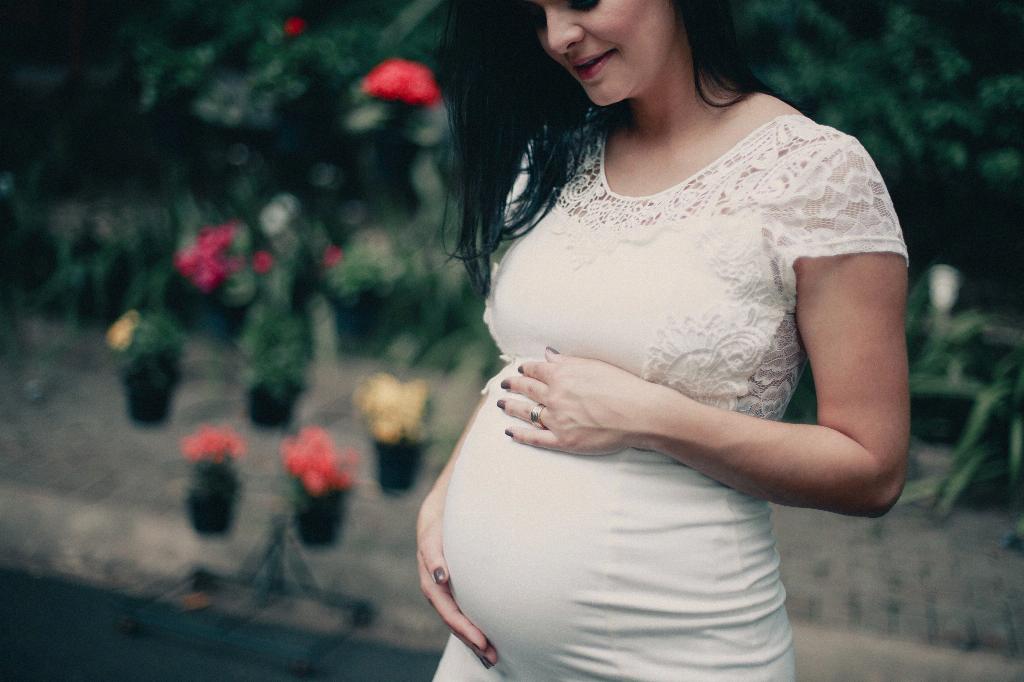When it comes to the question of whether an ectopic pregnancy can survive, it’s essential to delve into the intricate details of this challenging medical condition. An ectopic pregnancy occurs when a fertilized egg implants itself outside of the uterus, most commonly in the fallopian tubes. This abnormal implantation poses significant risks to both the mother and the developing embryo.
The sad reality is that an ectopic pregnancy cannot survive. This is a harsh truth that many individuals facing this diagnosis must come to terms with. The term “viable” is crucial to understanding the outcome of an ectopic pregnancy. A viable pregnancy is one in which the fertilized egg has the potential to develop into a healthy baby that can survive both in the womb and after birth. In the case of an ectopic pregnancy, viability is simply not possible.
Due to the limitations of implantation outside the uterus, an ectopic pregnancy is not only non-viable but also poses a severe threat to the mother’s health. As the embryo grows in the fallopian tube or other abnormal location, it can cause damage to surrounding tissues and potentially lead to life-threatening complications for the mother. This underscores the urgent need for medical intervention in cases of ectopic pregnancy.
It is vital for individuals to seek prompt medical attention if they suspect they may be experiencing an ectopic pregnancy. Early detection and treatment are crucial in preventing serious consequences. In many cases, surgical intervention is necessary to remove the ectopic pregnancy and preserve the health and well-being of the individual.
While the news that an ectopic pregnancy cannot survive is undoubtedly heartbreaking for those affected, it’s essential to acknowledge the medical reality of the situation. By understanding the limitations of ectopic pregnancies and the risks they pose, individuals can make informed decisions about their healthcare and take the necessary steps to protect their health.
Despite the grim prognosis of an ectopic pregnancy, it’s important to remember that there is hope for the future. With advancements in medical technology and reproductive health, individuals facing infertility challenges due to ectopic pregnancies may have options for pursuing fertility treatments or other avenues to expand their families.
Educating oneself about ectopic pregnancies, their causes, symptoms, and potential outcomes is key to navigating this complex medical condition. By being informed and proactive about one’s health, individuals can work collaboratively with healthcare providers to address concerns, seek treatment, and make decisions that are in their best interests.
The emotional toll of receiving a diagnosis of an ectopic pregnancy can be significant and should not be underestimated. It’s normal to experience a range of emotions, including grief, sadness, and confusion, as well as concerns about the future and the impact on one’s fertility. Seeking support from loved ones, mental health professionals, or support groups can be instrumental in coping with these challenges.
Ultimately, the inability of an ectopic pregnancy to survive highlights the complexity of reproductive health and the importance of early detection and intervention in high-risk cases. By raising awareness about ectopic pregnancies, advocating for comprehensive reproductive healthcare, and supporting individuals facing these challenges, we can work towards improving outcomes and promoting overall well-being.
In conclusion, while an ectopic pregnancy cannot survive, it’s crucial to approach this sensitive topic with compassion, understanding, and a commitment to promoting awareness and education. By fostering open dialogue and providing support to those affected by ectopic pregnancies, we can collectively strive towards better outcomes and a more informed society when it comes to reproductive health.

